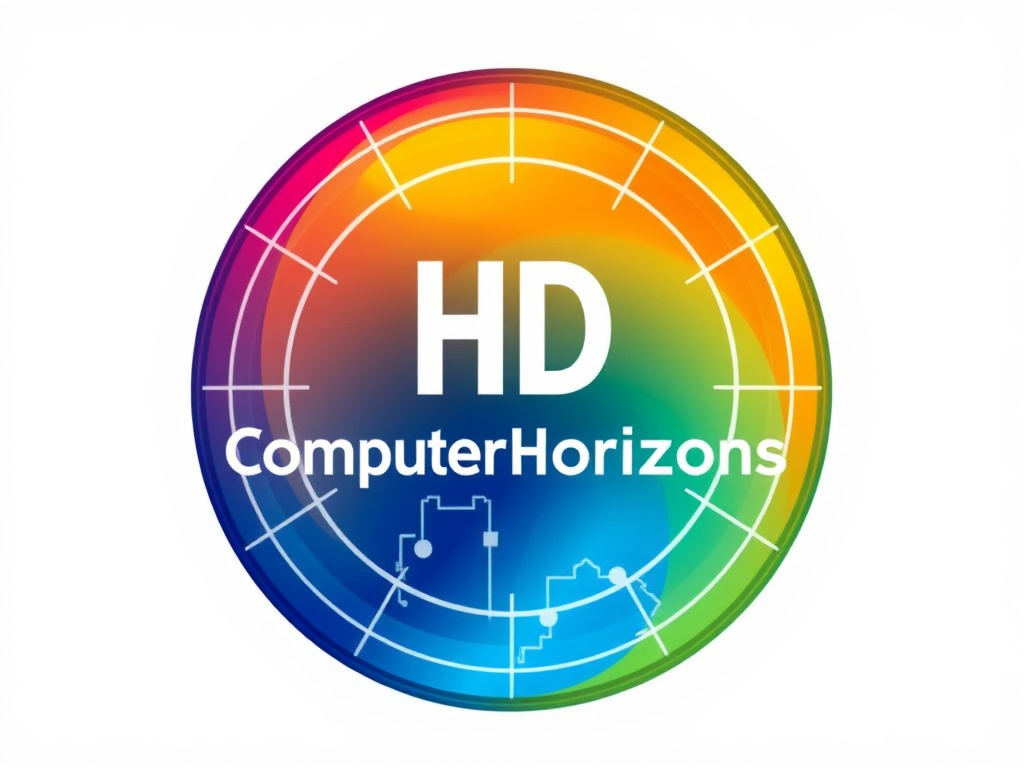Recent UK Hardware Innovations Enhancing Gaming Performance
The UK computing hardware sector has made notable strides in gaming performance through a series of advancements in processors, GPUs, and cooling technologies. British research institutions and startups have particularly focused on optimizing processor efficiency and graphics capabilities to meet the demanding needs of modern gaming.
Key UK manufacturers are developing cutting-edge CPUs tailored for high-frequency, low-latency gaming tasks, improving frame rates and reducing input lag. In parallel, UK-driven GPU innovations leverage architectural tweaks to enhance rendering speeds and visual fidelity without a corresponding spike in power consumption. This balance significantly benefits gamers seeking immersive experiences on both PCs and consoles.
Also read : How Can UK Computing Hardware Support Sustainable Tech Practices?
Cooling technologies advanced in the UK play a crucial role by enabling hardware to sustain peak performance during extended gameplay. Solutions such as advanced liquid cooling systems and thermoelectric components reduce heat buildup, preventing thermal throttling that can degrade gaming speed and responsiveness.
Together, these UK-led hardware advancements illustrate a comprehensive push to elevate gaming performance. Prioritizing efficiency and power, the UK continues to shape technologies that deliver smoother, faster, and richer gameplay, covering processors, GPUs, and sophisticated cooling solutions alike.
Also read : How Can Recent Advances in UK Computing Hardware Impact Everyday Consumers?
Application of UK-Innovated Hardware in Gaming Systems
UK gaming hardware has become integral to both high-end PC gaming equipment and modern consoles. Specifically, British-developed processors and GPUs are increasingly incorporated into flagship gaming rigs, delivering marked improvements in responsiveness and visual quality. For example, UK-driven graphics enhancements enable higher frame rates and more detailed textures without excessive power draw.
Performance benchmarks highlight the tangible benefits of UK innovations. Gamers report smoother gameplay experiences, citing reduced input lag and fewer frame drops. This stems from tailored hardware designs that optimise gaming performance under extensive workloads. Cooling technologies developed in the UK also contribute by maintaining lower operating temperatures, which directly supports consistent speed and stability during long sessions.
User feedback reflects strong approval for components originating in the UK. Many appreciate the blend of efficiency and power, especially in competitive gaming environments where every millisecond counts. These positive responses underline the practical impact of UK computing hardware advancements on everyday gaming experiences, beyond laboratory or marketing claims.
Overall, the integration of UK-led innovation within gaming systems elevates performance benchmarks and user satisfaction, proving essential to cutting-edge hardware advancements shaping the industry today.
Case Studies: UK Companies Shaping the Gaming Hardware Landscape
Exploring UK tech companies reveals pivotal contributors to gaming hardware advancements. Notably, several gaming hardware brands excel in pushing processor and GPU technologies. These innovators design chips that enhance clock speeds and parallel processing, directly benefiting gaming performance by reducing latency and increasing frame rates. For instance, UK startups focus on custom CPU architectures that align with gaming workloads, improving efficiency without inflating power consumption.
On the cooling front, pioneering UK firms develop solutions crucial for maintaining optimal hardware conditions. By integrating advanced liquid cooling and thermoelectric modules, these companies tackle heat dissipation challenges that otherwise limit sustained gaming speed. Their products enable consistent performance during intensive sessions, particularly important in competitive gaming and streaming scenarios.
Recent product launches from UK companies showcase a blend of innovation and practical application. Highlighted products include GPUs with enhanced ray tracing capabilities and CPUs optimized for multitasking, both contributing to richer and smoother gameplay. These launches underscore the UK’s growing influence in shaping gaming hardware standards globally.
Collectively, these case studies illustrate how UK firms advance gaming hardware brands through focused development in processors, GPUs, and cooling technologies, confirming the nation’s role in evolving the gaming ecosystem.
How UK Hardware Innovations Elevate Graphics, Speed, and Gameplay
UK computing hardware advancements have a direct and measurable impact on graphics quality, gaming speed, and overall gameplay experience. Enhanced GPUs designed with British innovation integrate refined architectural features that improve rendering pipelines, resulting in higher frame rates and richer visual fidelity. This means gamers enjoy smoother textures, sharper details, and advanced effects like real-time ray tracing without sacrificing system responsiveness.
Processor improvements from UK research boost clock speeds and optimize parallel task handling. These enhancements reduce input lag and enable more complex game physics and AI calculations in real time. Consequently, gameplay becomes more fluid and reactive, a critical factor in fast-paced multiplayer and virtual reality scenarios where milliseconds matter.
Cooling technologies developed in the UK are equally vital. By preventing thermal throttling through advanced liquid cooling and thermoelectric modules, these solutions sustain peak performance over longer sessions, ensuring consistent speed and stability. This is particularly important for maintaining responsiveness during extended gameplay or streaming.
Together, these hardware advancements elevate the immersive quality of games, supporting richer graphics, faster processing, and smoother gameplay. UK research and innovation thus play a key role in pushing the boundaries of interactive entertainment technology.
Comparing UK Hardware Developments to Global Competitors
UK computing hardware holds a competitive edge in processor and cooling technology innovation but faces strong challenges against larger global players, especially in GPU manufacturing. A precise comparison reveals that UK firms excel in designing efficient CPUs and advanced thermal management systems, often outpacing counterparts in power consumption and sustained performance. However, UK-developed GPUs generally lag behind US and Asian manufacturers in sheer rendering power and market share.
What sets UK tech apart within international hardware comparisons is its focus on energy-efficient architectures driving gaming performance gains without excessive heat or power use. This approach caters well to niche markets valuing sustainability alongside speed. Yet, in terms of raw graphics throughput and mass production, UK brands remain behind Asian giants like NVIDIA and AMD’s dominant lines.
Collaborative initiatives bridge these gaps. UK research institutions increasingly partner with international firms to leverage diverse expertise while fostering innovation pipelines. These partnerships support advancements in ray tracing, AI acceleration, and cooling technologies that bolster UK competitiveness globally.
Thus, while UK innovations shine in strategic hardware advancements, comprehensive competitive analysis shows there is room for growth to fully rival the global leaders dominating gaming hardware markets today.
Recent UK Hardware Innovations Enhancing Gaming Performance
UK computing hardware has propelled gaming performance by delivering focused innovations in processors, GPUs, and cooling technologies. Leading UK manufacturers and research institutions prioritize efficiency and responsiveness, crafting processors that maximize clock speeds specifically for gaming workloads with reduced input lag. This focus results in smoother gameplay, even during graphically intense sequences.
UK innovators also refine GPU architectures, boosting rendering throughput and visual fidelity while maintaining power efficiency. These tailored GPUs handle complex shader operations and real-time effects like ray tracing more effectively, enhancing immersion without overheating. Complementing this, UK-developed cooling technologies employ advanced liquid cooling and thermoelectric components that manage heat dissipation better than traditional solutions. This prevents thermal throttling, allowing hardware to sustain peak performance over prolonged gameplay.
Startups and established firms alike contribute to this multi-faceted approach, pushing forward distinct yet integrated hardware advancements. By emphasizing energy-efficient designs combined with high-frequency processing, UK computing hardware meets key demands of competitive and casual gamers alike. The result is an ecosystem of gaming components that enhance speed, graphics, and reliability, securing the UK’s position as a vital contributor to next-generation gaming technology development.

